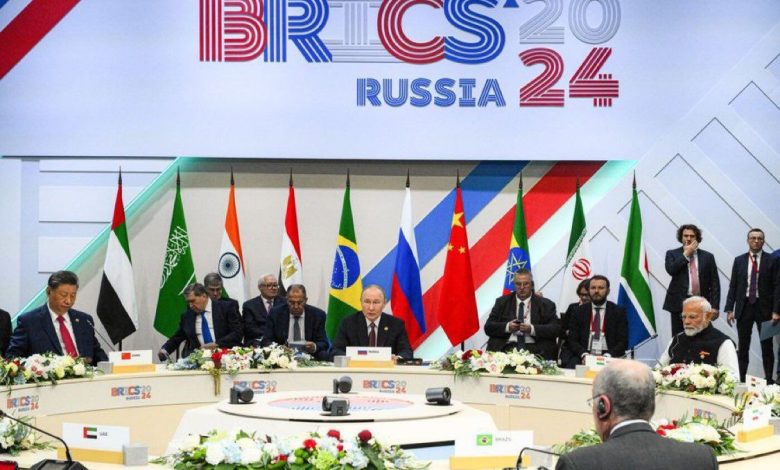Trump warns BRICS against dollar alternatives

News
No Excerpt
U.S. president-elect Donald Trump has issued a stern warning to BRICS countries (Brazil, Russia, India, China, and South Africa) against efforts to sideline the U.S. dollar in international trade.
In a statement posted on his X account (formerly Twitter), Trump declared that the United States would impose 100% tariffs on BRICS nations if they introduced a new currency or supported any alternative to the dollar as the dominant global trading medium.
“The idea that the BRICS Countries are trying to move away from the Dollar while we stand by and watch is OVER,” Trump’s statement read.
He demanded a clear commitment from BRICS nations to refrain from launching or backing a new BRICS currency to replace the dollar. Failure to comply, he warned, would result in the loss of access to the lucrative U.S. market.
Trump emphasized the dominance of the U.S. dollar, referring to it as the “mighty U.S. Dollar,” and dismissed any potential challengers as futile.
“There is no chance that the BRICS will replace the U.S. Dollar in International Trade,” he wrote, adding that any country attempting such a move should “wave goodbye to America.”
Trump’s remarks come amid growing efforts by BRICS nations to reduce reliance on the U.S. dollar in global trade. During the BRICS summit in South Africa in August 2023, member states discussed the possibility of creating a common currency to facilitate trade among themselves and bypass dollar-dominated systems.
The bloc has also been exploring alternatives like increased trade in local currencies.
While these developments have sparked concerns in Washington, proponents argue that de-dollarization is aimed at reducing vulnerabilities to U.S. sanctions and enhancing economic sovereignty.
Trump’s hardline stance signals a potential escalation in trade tensions between the U.S. and BRICS countries under his administration. With the U.S. being a major consumer market for BRICS exports, tariffs of such magnitude could disrupt global trade dynamics and strain diplomatic relations.
Uganda has recently joined the BRICS as one of 13 new partner nations in a move set to reshape its international trade and investment prospects.
Other nations that joined the BRICS as partners include Algeria, Indonesia, Turkey, Nigeria, and Vietnam, as the group seeks to expand its global influence and foster a more balanced, multilateral trade system. The expansion is part of BRICS’ long-term strategy to challenge the dominance of Western-centric trade and financial institutions, promoting alternative economic pathways.




